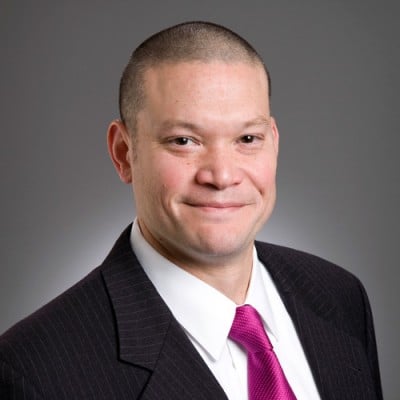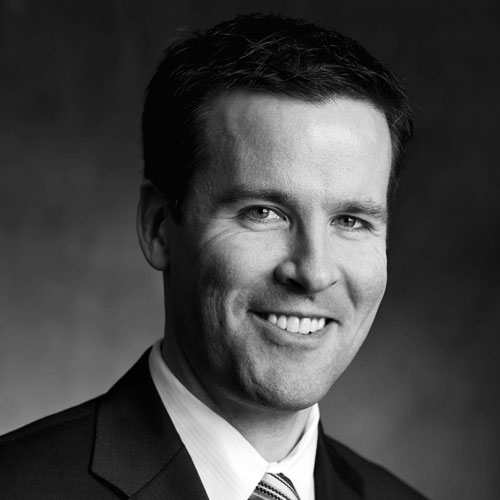In his ten years at Associa—a homeowner’s association management company started by former Texas state senator John Carona—executive vice president and chief legal officer Paul Reyes has seen the company go from 800 to 9,000 employees through seventy acquisitions. Here, he talks integration, leadership, and what it takes to maintain company culture during rapid expansion.
What is the most important part of the acquisition process?
The people and the transition. We don’t usually purchase a company if the sellers aren’t involved after the sale, because we are a service industry and those employees make up the company. We focus on retaining as much talent as we can. The culture and performance of the acquiree is usually what aligns and attracts us to purchase. Retaining that culture requires taking care of and retaining people.

How can the legal department facilitate that?
You have to be available to the sellers and employees before, during, and after the transaction. You can’t just close a deal and dump them off and expect everything to work itself out. You have to show why we are better as a whole, celebrate the success of the past, and cast a solid, unified vision for the future.
Is it hard to maintain culture during so many acquisitions?
It’s fast-paced here, but we have a family culture and solid values. Our values come naturally because we understand and genuinely believe that our top asset is our people. We recognize and admit that we want to learn more through the people we bring here. That way, we can combine the best of broad practices and cultures and always improve our service to our clients. Each acquisition is an opportunity to add to the team and get a fresh perspective on our practices and vision. Supporting our people is critical because they interact with our clients. As long as we do that, our culture will stay consistent even in periods of rapid growth. Happy and fulfilled employees lead to satisfied clients.
What do you consider your most important role?
I maintain and stress upon others that we’re here to support others in what they do day to day. My role has expanded as I’ve been here, and now I oversee some of our business units. I need to do all I can to make sure employees get the resources they need.
How do you balance different duties as you take on more responsibility over time?
By hiring good people. Associa has given me confidence to hire people who can replace me, and that makes everything easier. It’s scary at first, because you don’t feel so integral to the process, but that allows you to be successful because you can work from your strengths and trust those around you to do the same.
What are the hidden opportunities in acquisitions?
People tend to think of strategy in terms of size—in terms of revenue, head count, and those types of things. But we also look at each acquisition as a chance to bring in knowledge from various places connected to our industry. I think this gives us a major edge and keeps us competitive.
What does a general counsel need to do to become an indispensable part of an organization?
You have to be willing to be flexible. You can’t pass off every issue that isn’t strictly legal to another department. This mind-set is good because it helps a lawyer acquire more skills, and that is attractive to candidates. It helps leaders attract and retain better talent.
What role does talent development play in the legal department?
We want to give our attorneys the chance to gain new skills and work in different areas so that they’re fulfilled and so they’re capable of handling more complex matters. This extends all the way up to leadership. I went back to get my MBA during my time here.
What’s happening in your industry that impacts your department?
It’s a younger sector, so we always have to stay in front of changes and developments that unfold. Senator Carona just left the state senate earlier this year, and having a company led by a lawmaker has made the process easier because we understand how regulations touch a business. We maintain that relationship with state and local governments, and we also have a good relationship with our clients.
How have you built a legal team to meet the needs of Associa?
We have lawyers that specialize in different areas that face our company—like labor and employment, contracts, acquisitions, and litigation. It’s so important to have a mix, because we face different issues each and every day. We do work in many states, so regulatory reviews are critical, too.
How important is it for in-house counsel to understand the business? What does this look like at Associa?
It makes a huge difference. Our people go through the same basic courses that property managers take, and then we work with those managers to resolve issues. We’re constantly learning from them about the issues they face in the community and what they need.

